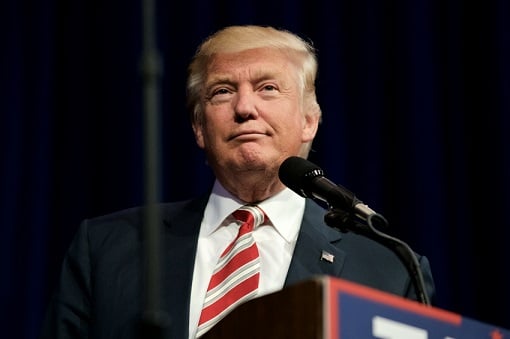President Trump’s “pro-business” stance could prove favourable for the Lloyd’s market, particularly if he picks back up on the Transatlantic Trade and Investment Partnership, according to one legal expert.
“Trump really wants to open up state lines, which is a pro-business, pro-consumer choice concept, and I think that will inevitably help the Lloyd’s market with business,” Mitchell J Resnik, co-founder and managing shareholder at US law firm Resnick & Louis, said at an MGAA briefing in London yesterday.
While Trump has indicated a dislike of multilateral trade agreements in general, there are murmurings that he could be leaning towards a revival of the failed Transatlantic Trade and Investment Partnership (TTIP) – potentially good news for Lloyd’s, the attorney claimed.
“What’s happened since the election…is that Trump has now indicated at least a willingness to have a dialogue with the European Union (EU) about having a formal trading agreement,” Resnik said.
“This is important for the Lloyd’s market and especially the reinsurance industry, because what is being kicked around is the idea that the rules relating to the collateral that the reinsurance industry has to put up to do business in the US, would come down,” he continued.
The TTIP or a similar free-trade deal would, in theory, look at creating “much greater access to the markets, deregulating a lot and providing greater cooperation between the EU and the US,” Resnik explained.
According to the attorney, the ‘Trump effect’ will likely be positive overall for property and casualty insurers. He described the US president as having no strong political allegiance, but being driven by “business-oriented thinking,” and his desire to win and make a deal.
Yesterday, US Commerce Secretary Wilbur Ross said it was important that a Brexit deal between the UK and the EU would take into account the commercial interests of the US.
Speaking in London, Ross said he hoped the US could become Britain’s number one trading partner, and stressed that an eventual Brexit agreement should not “hinder development of a closer post-Brexit US-UK relationship by continuing divergent standards and regulations and other protectionist measures.”
Related stories:
Insurance companies to add to downwards pressure on pound
US to honour EU insurance pact


